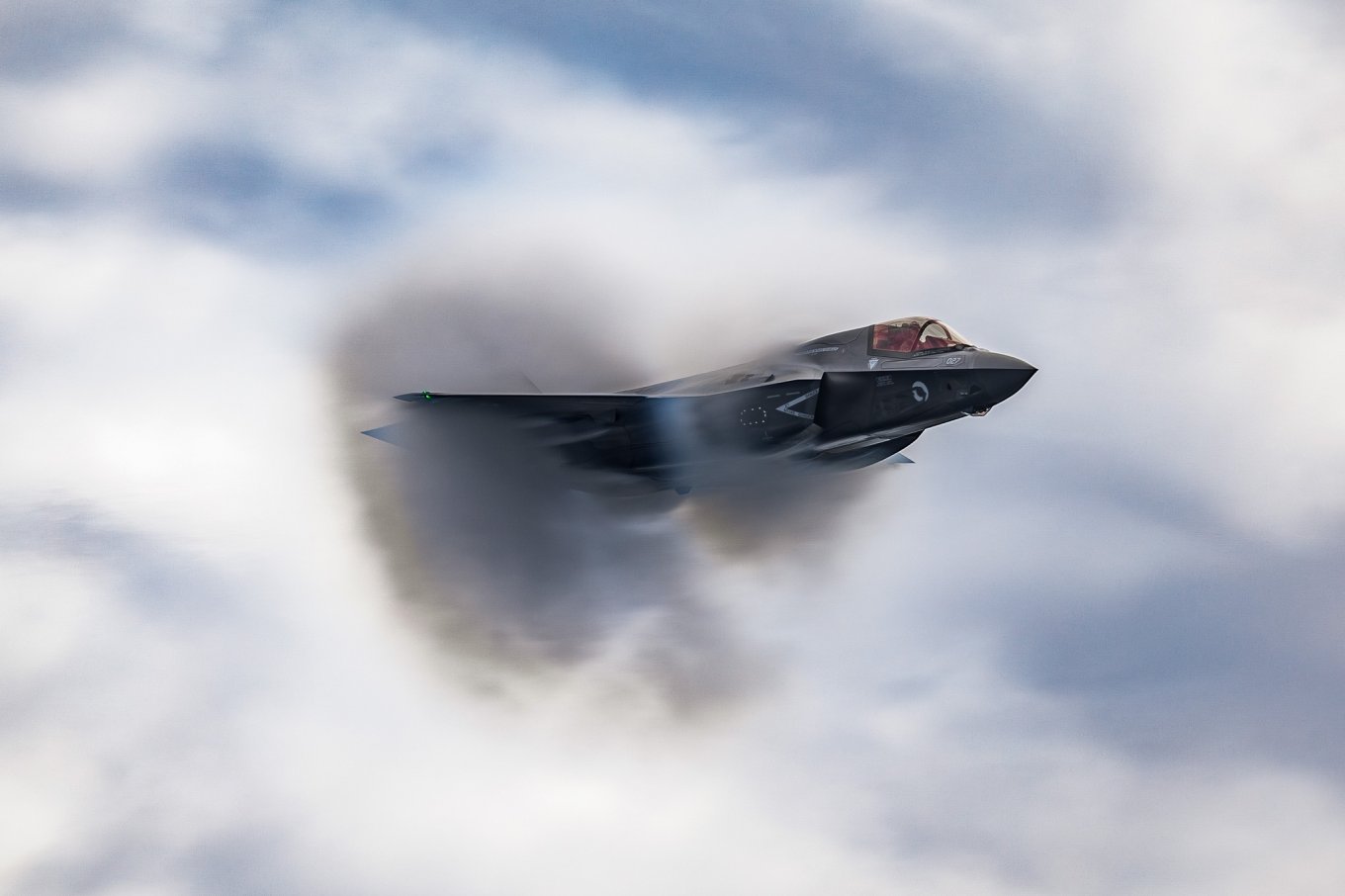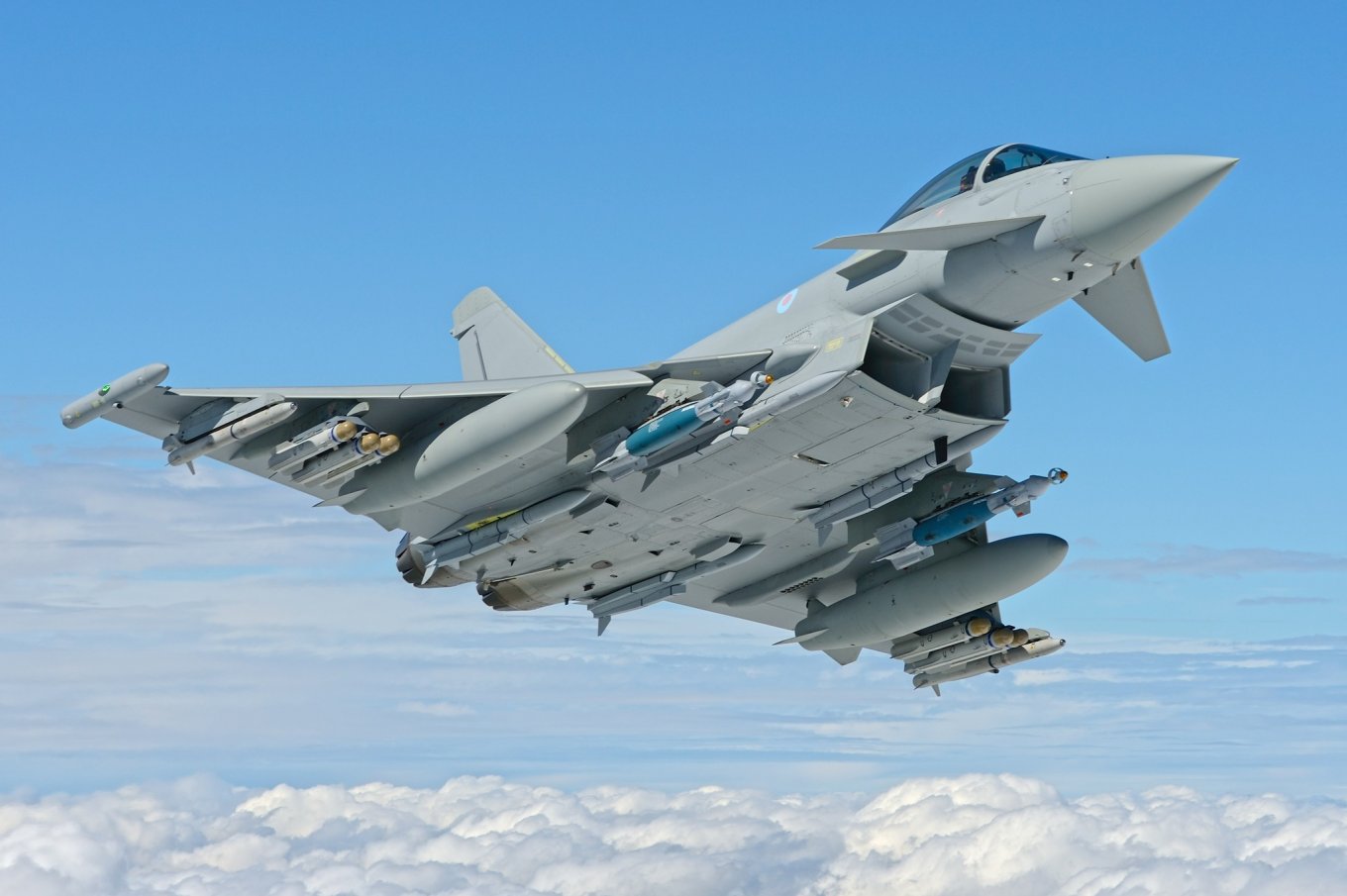The influential union Unite, which boasts over 1.2 million members, is urging the UK Ministry of Defence to procure the British Eurofighter Typhoon instead of the American F-35. This demand arises as the government is expected to announce the purchase of an additional 24 fighter jets for the Royal Air Force soon.
The arguments presented by the British union are quite compelling, as opting out of purchasing the Eurofighter, as noted, threatens to result in a loss of expertise. Consequently, the prospect of developing a sixth-generation fighter Tempest (being created by the UK, Italy, and Japan) may be jeopardized.
Moreover, the union cites some intriguing statistics regarding the involvement of British industry in the production of fighter jets. Specifically, the manufacturing of 24 Eurofighters will engage 26,000 jobs over two years for workers at BAE Systems, Rolls-Royce, Leonardo UK, and other companies.
In contrast, the UK's participation in producing 24 fifth-generation F-35 fighters only translates to three months of work for 2,000 specialists at BAE Systems.

Additionally, a rather straightforward question arises: how will London sell the Eurofighter if it is purchasing the F-35 itself? However, it should be noted from the perspective of Defense Express that this European fighter is often chosen by those who cannot afford the F-35, such as Saudi Arabia or Turkey, which, after two years of blockage, Germany seems ready to greenlight the purchase of 40 units.

At the same time, it is worth mentioning that British workers may somewhat exaggerate the loss of expertise and the threat to the Tempest program. The fact is that the Eurofighter has recently received a number of orders. For instance, in December 2024, Italy ordered 24 units, and Spain is set to acquire an additional 25 aircraft on top of the 20 that are already contracted. Additionally, in June of last year, Germany placed an order for 20 Eurofighters. This does not even account for existing and potential orders from primary clients and for export.
In any case, BAE Systems, which holds a 33% stake in the Eurofighter consortium, along with Rolls-Royce with a similar share in EuroJet Turbo, which supplies engines for the fighter, will participate in the production of these orders. However, it is evident that this involvement will be significantly less than in the production of fighters for their own air forces.
Ultimately, the new Labour government in the UK faces a challenging dilemma: to procure its own 4+ generation fighters, support its domestic defense industry, and keep money within its economy, or to purchase fifth-generation aircraft, but from the Americans.